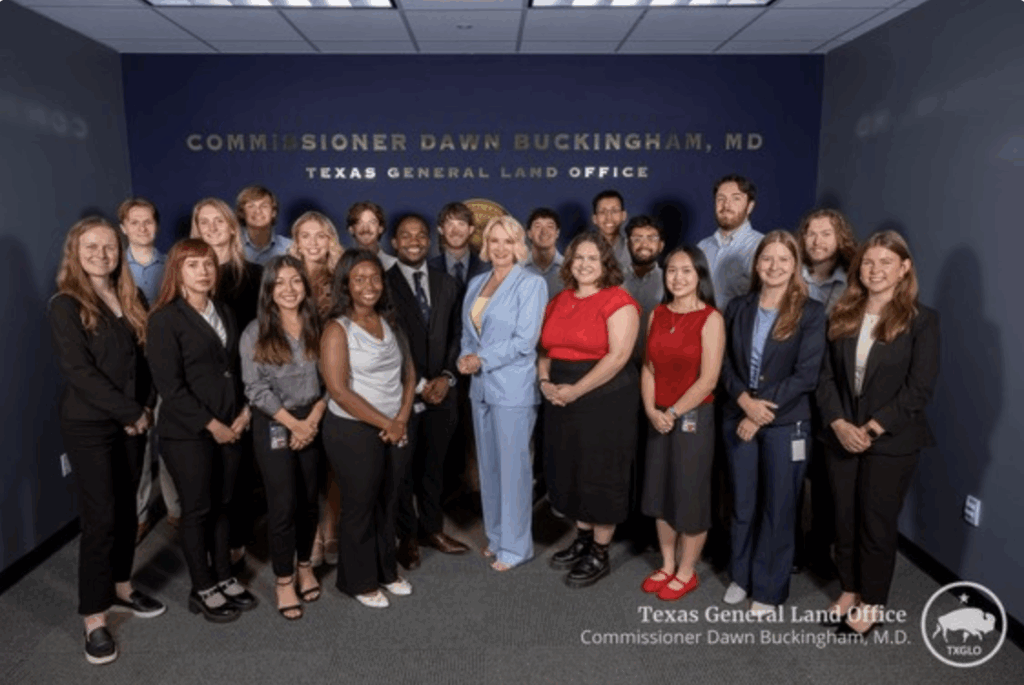Arkansas Just Made It Easier for College Athletes to Get Paid — and Gave Schools a Big Boost Too

Arkansas lawmakers have passed a new bill that expands how college athletes can earn money and gives public colleges more flexibility to support their athletic programs. House Bill 1917, sponsored by Rep. Matthew Shepherd and Sen. Bart Hester, updates the state’s existing law on student-athlete publicity rights and adjusts spending limits on college sports funding. The bill has cleared both the House and Senate and is now on its way to becoming law.
The legislation gives student-athletes more opportunities to earn money from their name, image, and likeness—commonly referred to as NIL. It allows colleges, their athletic foundations, and affiliated groups to help athletes find and secure NIL deals, pay them directly, or even enter into licensing agreements with them. It also lets nonprofit organizations, such as local charities, pay student-athletes for promotional or fundraising work.
Another major change under the bill is that any income athletes receive directly from their college for NIL deals will be exempt from Arkansas state income tax starting in 2025. At the same time, details of these deals—like compensation and contract terms—will be kept private and won’t be accessible under public records laws.
To prevent conflicts, the law sets clear boundaries. Student-athletes can’t be required to promote a brand during a game, practice, or official team activity unless the school agrees in writing. If a deal goes against school policies, it’s considered invalid. Athletes also have the right to cancel contracts without penalties if they’re no longer eligible to play or if their agent or representative isn’t licensed in Arkansas.
The bill also reinforces that student-athletes are not considered employees of their colleges. That means receiving NIL money doesn’t change their student status or create any new employer responsibilities for the school.
In addition to NIL reforms, the law raises the cap on how much money public colleges can spend on athletics from their general education budgets. Previously set at 2%, that cap is now 4% of a college’s total revenue from the previous year. The change gives schools more room to invest in their sports programs and remain competitive. There are still exceptions in place for things like Title IX compliance, safety-related spending, and making up for revenue shortfalls caused by outside legal settlements.
To protect colleges, the law makes clear that schools and their employees can’t be held responsible if an athlete doesn’t earn as much as expected or loses a deal. Colleges, conferences, and their staff also remain protected under existing Arkansas laws.
HB1917 was introduced on March 31 and moved quickly through both chambers. After a temporary hiccup in the Senate on April 14, lawmakers voted to reconsider the bill and passed it that same day. It now awaits final enrollment and will take effect for tax purposes on January 1, 2025.
With this bill, Arkansas strengthens its position in the ever-evolving world of college sports, giving athletes more freedom to benefit from their talents while helping schools keep pace in a highly competitive environment.
RECENT










BE THE FIRST TO KNOW
More Content By
Think American News Staff











